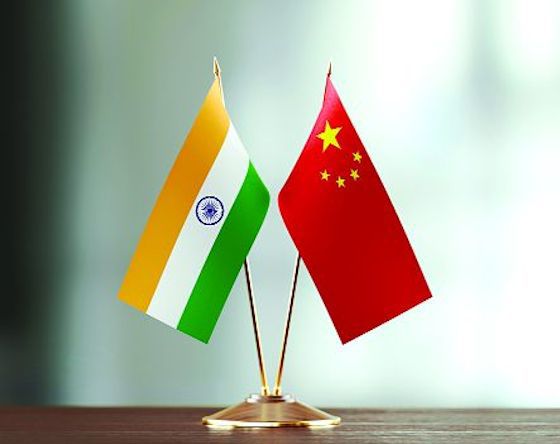Border standoff won’t benefit any side: India, China on SCO margins
Ajay Banerjee
New Delhi, July 4
India and China on Thursday agreed that prolongation of crisis along the Line of Actual Control (LAC) was not in the interests of either side, with New Delhi emphasising that disengagement of military was the only way forward to restore normalcy in ties. The Ministry of External Affairs put out a statement after External Affairs Minister S Jaishankar had a meeting with his Chinese counterpart Wang Yi on the sidelines of the SCO Summit at Astana in Kazakhstan. “The two ministers had an in-depth exchange of views on finding an early resolution of the remaining issues along the LAC in eastern Ladakh to stabilise and rebuild bilateral relations,” it said.
Editorial: LAC imbroglio
Jaishankar highlighted the need to “redouble efforts to achieve complete disengagement in the remaining areas and restore border peace”. All bilateral agreements had to be respected, said the statement.
The Indian minister “reaffirmed the importance of fully abiding by relevant bilateral agreements, protocols and understandings reached between the two governments in the past”. The LAC must be respected and peace and tranquillity in the border areas always enforced, he said.
Both sides agreed to continue and step up meetings of diplomatic and military officials to resolve the remaining issues at the earliest. The ministers said the Working Mechanism on Consultation and Coordination on India-China Border Affairs (WMCC) should hold an early meeting.
Jaishankar reiterated that the India-China relationship was best served by observing the three “mutuals”—mutual respect, mutual sensitivity and mutual interests.
Among the unresolved issues along the LAC is the build-up on the Depsang plateau and Charding Nullah in Demchok.
Depsang, a 972 sq km plateau at an altitude of 16,000 feet, is strategically crucial and India has to hold on to it by all means. Through this plateau passes the 255-km Darbuk-Shayok-DBO (DSDBO) road that links up to the DBO advanced landing ground and further northwards to the Karakoram Pass.









